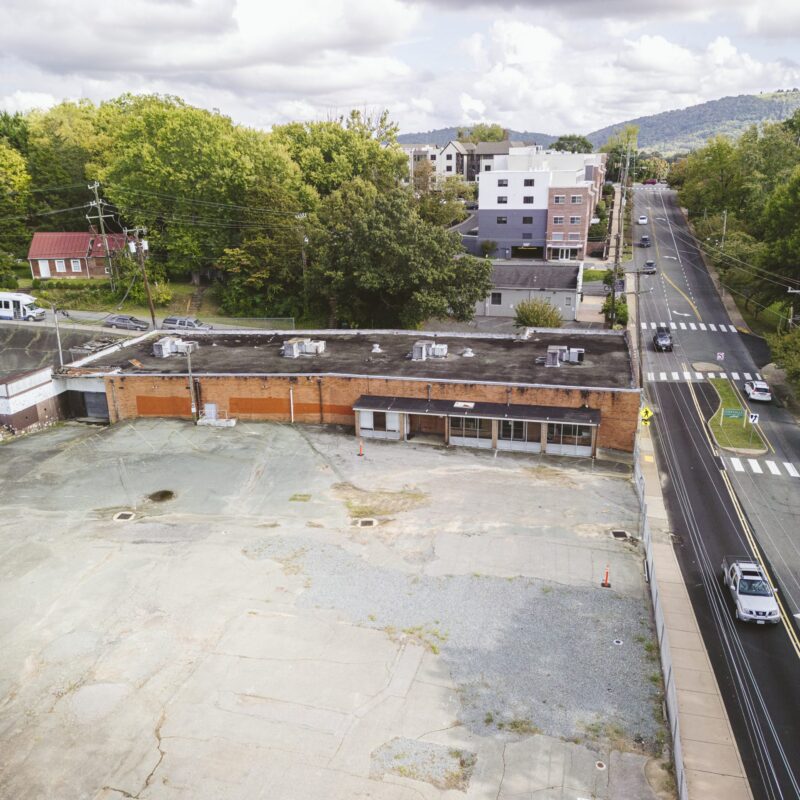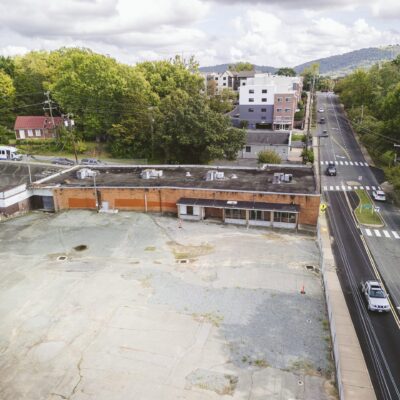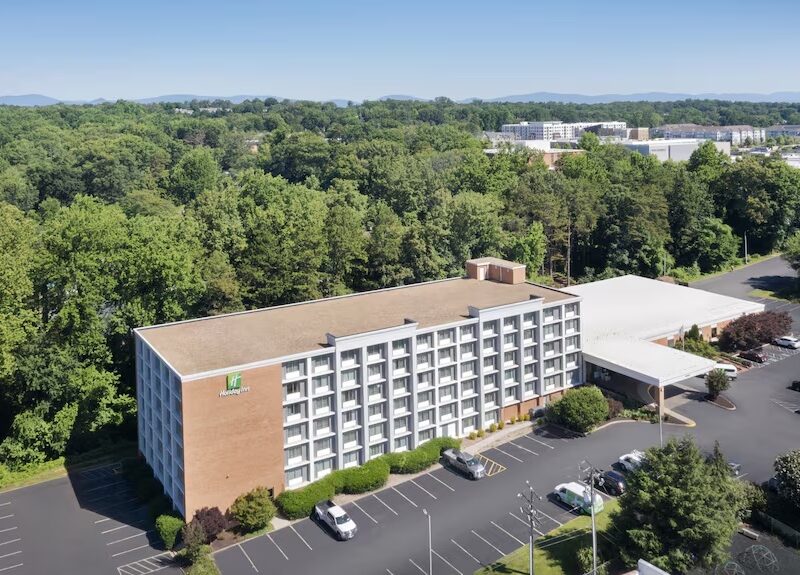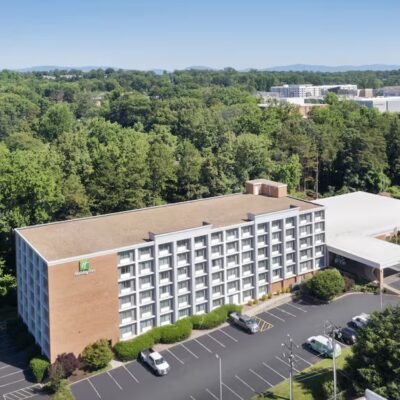Update: Friday, February 4, 9:09am
In response to Halsey Minor’s claim that the deed to Carter’s Grove prevents him from opening the mansion to the public, the Virginia Outdoors Foundation released this statement:
"Mr. Minor’s assertion in the Virginia Gazette on February 2 that the easement on Carter’s Grove prohibits public access is incorrect. In fact, the easement, which is jointly held by the Virginia Department of Historic Resources and the Virginia Outdoors Foundation, requires that at least one day per year of limited public access must be granted to the mansion by whoever owns the property. Furthermore, the easement does nothing to prohibit current or future owners from offering broader public access, provided such access is conducted in a manner that will not injure the significant historic and natural resources inherent in the property."
For more on Carter’s Grove and Minor’s plans to keep the the historic home from foreclosure, see below.
Landmark Hotel owner Halsey Minor (click here for background) is taking a recent Williamsburg concern into his own hands. Less than a week after the Virginia Gazette reported that Colonial Williamsburg planned to foreclose on Minor’s Carter’s Grove mansion, Minor penned an essay titled "Opening Carter’s Grove" for the same paper. In the essay, Minor writes that he could prevent a foreclosure auction by filing bankruptcy—a strategy Minor also used with the Landmark Hotel.
According to the Gazette, Carter’s Grove—owned by Minor’s Carter’s Grove, LLC—defaulted on a 2007 loan totaling $10.3 million. The Gazette reports that the property was purchased for $15.3 million, of which $5 million was paid in cash. Minor, however, says he agreed to pay $17 million for Carter’s Grove, and has already paid $13.5 million.
In his essay, Minor writes that the Colonial Williamsburg Foundation failed to disclose that the property had a "4-foot hole in the wall on the second floor." The hole, according to Minor, stems from a leak that "Colonial Williamsburg patched and painted just prior to my purchase."
"Since the location of the actual leak is unknown, the cost of working on historic buildings so incredibly high, and the repair could require the entire roof to be removed, the cost could equal what I still owe for the property, not counting any penalties Colonial Williamsburg might have to pay for its failure to disclose a known defect," writes Minor. "The courts could find fraud and award me damages."
Minor also mentions that Colonial Williamsburg included deed restrictions on Carter’s Grove that prevent Minor from opening the mansion to the public—a situation he says he is committed to changing.
"From the moment I signed the contract, I have looked for a way to return Carter’s Grove to the public trust, and ironically it is bankruptcy that holds the greatest promise," writes Minor.





